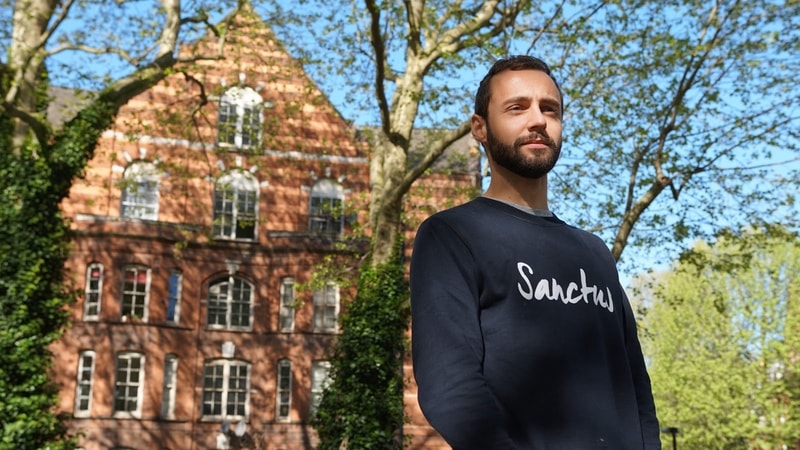This week’s guest blog is from Emma Canter, a leadership coach and past guest on the Moments podcast on the power of empathy.
This year’s mental health awareness week has the theme of kindness, so we thought it was a perfect time to ask Emma to explore the topic of empathy and why it is important in the workplace. We hope you enjoy the read as much as we did.
The Power of Empathy
Put yourself in someone else’s shoes. Experience their world. Understand what’s going on and how they feel. Empathy is an art, something we can learn. Is it something that’s developing globally through this COVID-19 situation – possibly? We won’t know until we’ve crashed through the other side into what many are describing as the “new normal”.
I’m drawn to many conversations where individuals have reflected that they are no longer just a colleague, but a mum/dad, a delivery driver, a teacher, an entertainer, a social connector, a cleaner, a chef, a daughter/son and so much more all at the same time. What they tend to recognise is how accepting their colleagues and employers are of this new situation. They describe feeling more connected with their colleagues as they show their whole selves rather than just their work selves.
Empathy comes without judgment. It requires both parties to open up and be vulnerable – firstly for one of us to show that we are struggling or finding something challenging. In response, the other chooses to connect with something within that knows and understands the feeling/experience or struggle (nb. You don’t have to be a parent to show empathy to a parent). By doing this, it creates a strong emotional connection between the two of you.
Here’s a couple of considerations.
Sympathy and Empathy are Different
But often confused. With sympathy comes judgment. We look down on someone’s situation with feelings of pity and sorrow.
For me, sympathy drives disconnection usually because the other person wants to fix or make things better. When actually all I want is to be heard.
Empathy Can Be ‘Passive’
In essence, you can step into someone’s shoes, feel what they are going through and choose to behave in a way that wouldn’t demonstrate your empathy.
Here’s a crude example, but hopefully one which helps illustrate the point: One of your team has a toddler and you know they sleep between 12.30 and 14.30 most days. You need to have an important conversation and schedule the call for 10.30.
We may have strong empathy (you recognise and appreciate being a parent of a toddler and how tricky this is) but not be seen as empathetic (you schedule the call making it difficult for the colleague to meet).
It’s Mental Health Awareness Week. The theme is kindness. Empathy and kindness go hand in hand. Neither allows for judgment. We can use our empathy to guide how to show and demonstrate kindness to another. Nothing big, it can be small gestures that have the biggest impact. And this isn’t just about being nice. When I’ve worked for leaders who’ve consistently shown empathy and kindness, I’ve felt that sense of support and care and it’s enabled me to push through boundaries and demonstrate more capability than I thought possible.
Who Needs to Experience Your Empathy and Kindness This Week?
Emma is an experienced and authentic leadership coach, with a background in HR and people management. She is experienced in supporting individuals in dealing with challenges in their current role or when transitioning to the next and loves to work with clients on personal leadership, stakeholder management, cultural development and developing resilience. Her business is Mind, Values, Leadership. You can connect with Emma here.
Check out the podcast we previously recorded with Emma:




